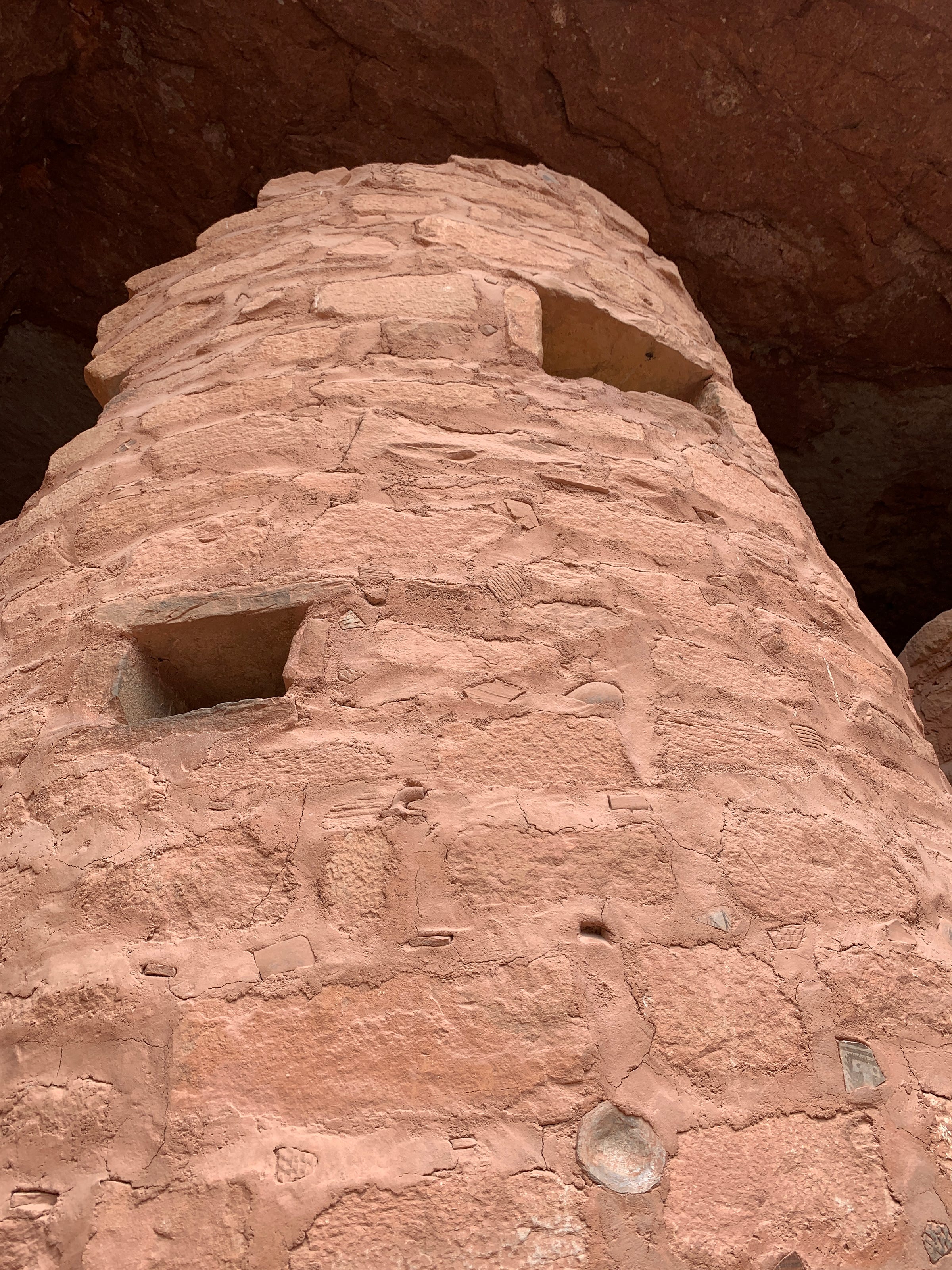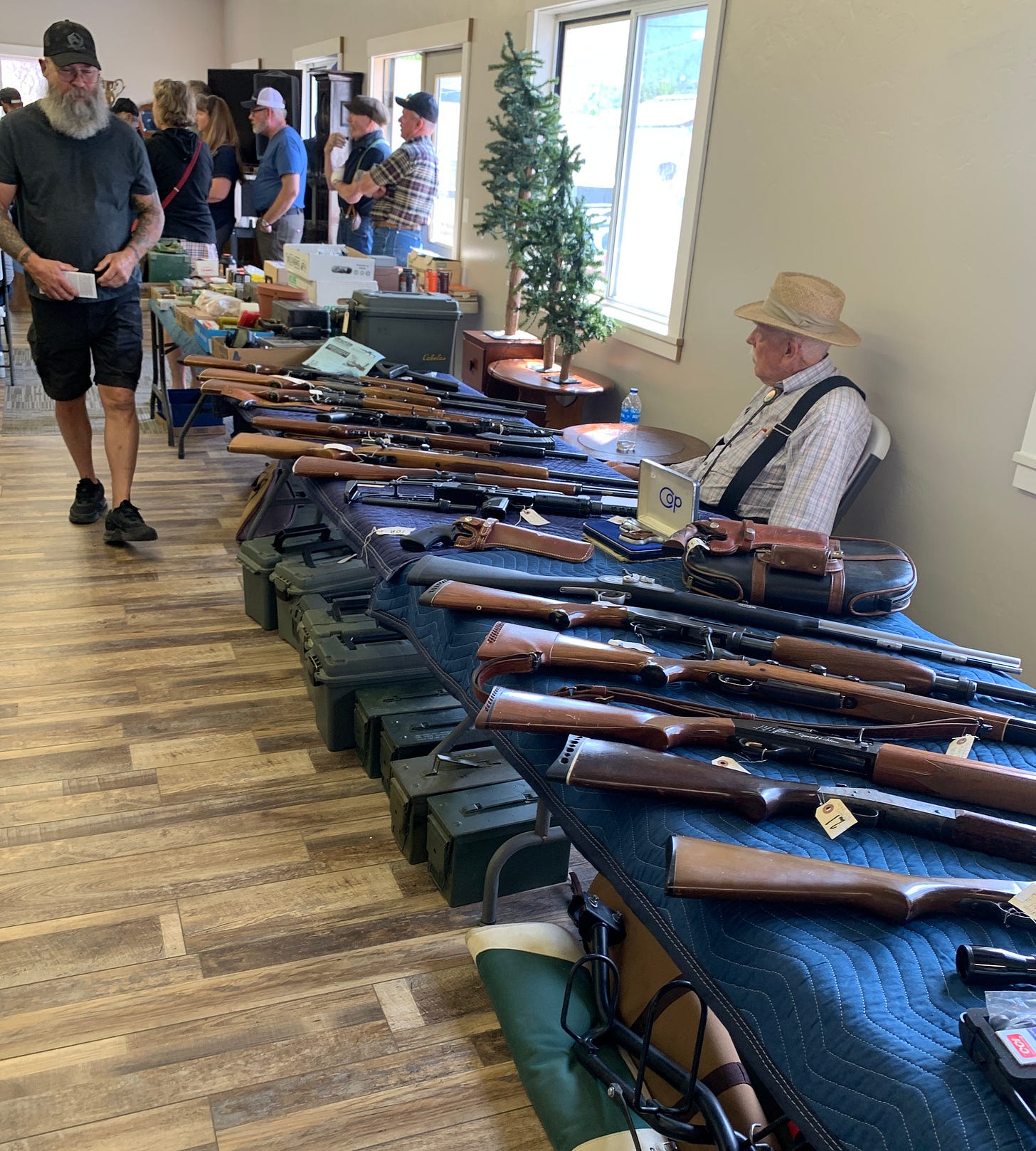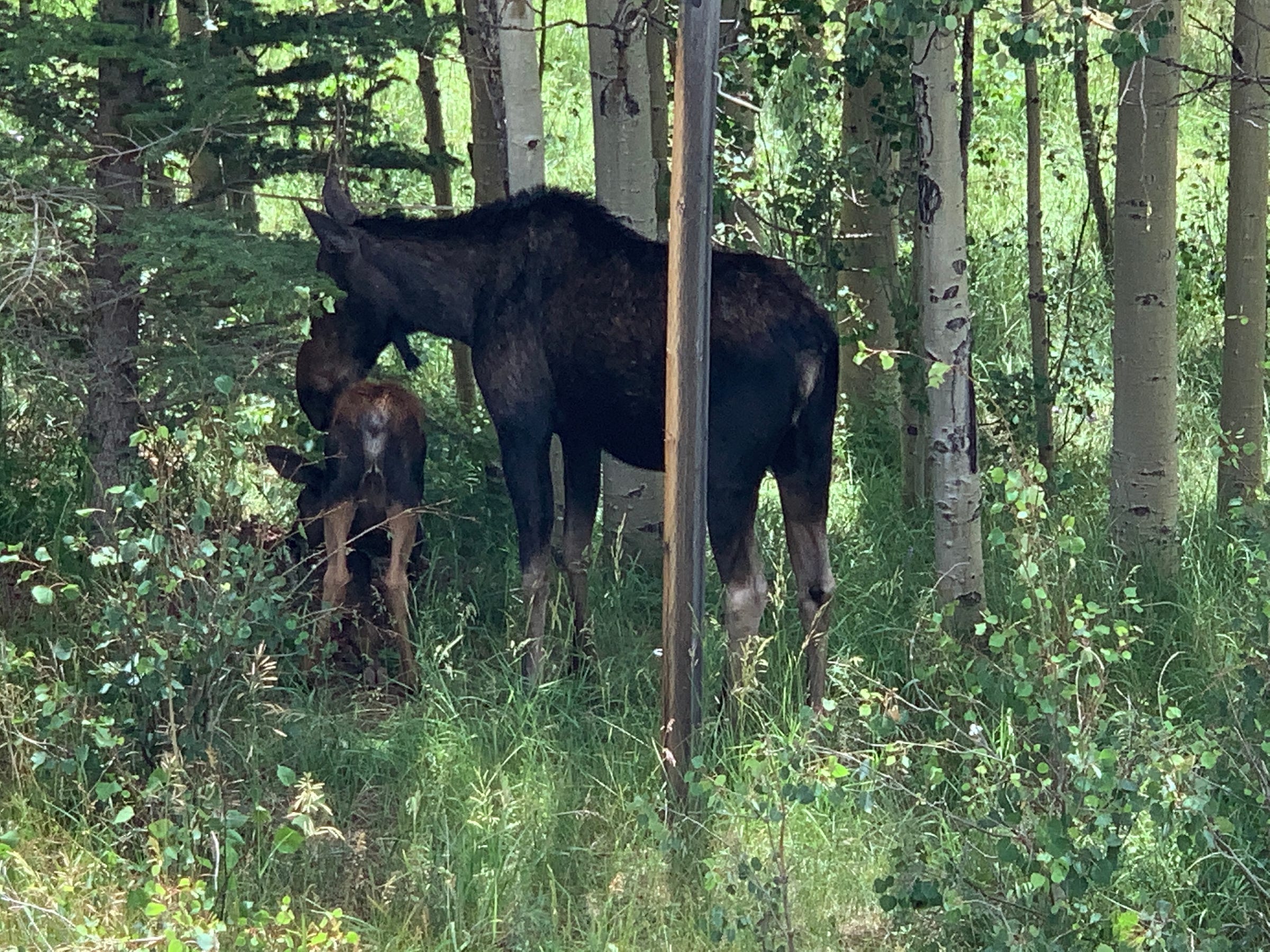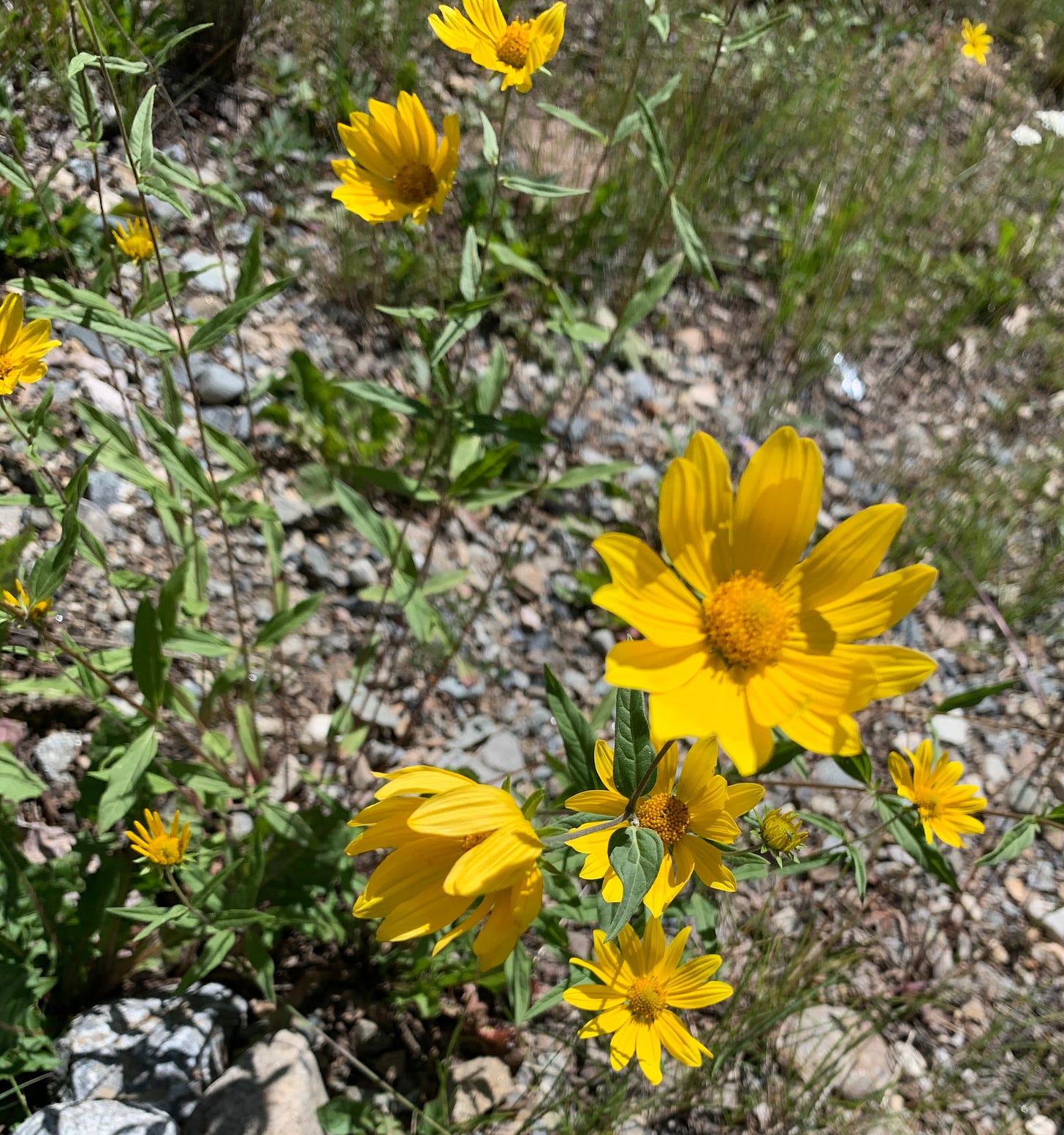
You find yourself on a cliff, standing on a tiny ledge. The sun is setting behind the rock high above you. It is late fall, and the cold is coming on.
A torrent plunges down the cliff, a few feet off your shoulder. You cannot hear anything, can barely think. Your calls for help are silly, but you shout anyway until your throat hurts too much. Who could hear you? There is ice in the crevices, and the rocks by the torrent are glazing over. You are already shivering uncontrollably, early hypothermia. Where is your gear? Where are your partners? You probably won’t survive the night on your little ledge.
What do you do? Do you try to survive the night, hoping for rescue in the morning?
Do you try to cling to the cliff and climb up and out, to make the crux you have failed so many times before, your arms already cramped, your fingers numb? From this height, a fall would be fatal. If you start, you need to do so now, with the last of the light and the warmth.
Or do you leap away from the cliff, and try to reach the foaming pool below? You may drown in the whirlpool or the rapids downstream. And if rocks are waiting just beneath the surface and you hit them, you will die on impact, before you have a chance to drown. If you jump, you need to so now, to have a chance of swimming the rapids and maybe even drying out in the last of the sun down the canyon.
Choose. Time is running out.
* * *
I admit, even as parable, all of this is probably overdone. That’s what the good Germans said, “none of this is that serious,” my mother never tires of reminding me. And yes, history is a slaughter bench, sometimes disasters happen, and who knows when the pre-war (Vorkrieg) begins? And both parties have certainly presented this election in dramatic terms: we have to save democracy, we have to save our country, etc. Maybe. Even if true, electoral politics has gone the way of the movies, i.e., dominated by comic book diction, even memes. The Civil War surely had better writing.
It would have been more precise to title this work, and the parable with which it opens, The Bureaucratic Cliff or the Populist Whirlpool?” Although I am an American, my concerns here are not just with politics in the United States. Something deeper is happening, of which the politics of my country are an important but hardly the only part. But I’m a writer, and I want attention.
* * *
George Simenon sometimes wrote novels within a matter of days. Charles Dickens serialized many of his works. Rock and Whirlpool is not a novel, but I do intend to write it between now and perhaps a few weeks after the election, but certainly done by Thanksgiving, that most American of holidays.
As the subtitle says, this is a mosaic of the fragments that make up a picture and so a decision, mine and the nation’s. I expect to produce what amounts to a short book, but I am not now sure how many words my fragmentary thoughts will require, or that I will have the capacity to write under these circumstances. Rock and Whirlpool is by no means a complete or exclusive or even all that representative account of our political situation. I am not claiming to write as Everyman, though I do think many, perhaps most, of my concerns are shared. Surely, however, other people have their own mosaics.
Writing is how I think. Over the last few weeks, as my thoughts began to overwhelm me, I needed to write, to explain myself to myself and so why not to others, perhaps useful, interesting, something. And besides, I just finished a book, and I couldn’t really bring myself to do much productive. The torrent of commentary! So, I found myself writing towards my own decision of how to vote. “Write it, and put it in the drawer,” the then President of my University avuncularly advised a much younger me, after I’d defended the honor of one of my opinions a bit too forcefully and too publicly. Wise advice, which I’ve struggled to follow in the years since, but am here going to ignore.
I started Intermittent Signal as a newsletter to announce my more professional stuff, and to share some current thinking and a bit of photography. I do not charge for this newsletter, and have no plans to. Some people have taken out paid subscriptions as a show of support, which is deeply appreciated, and helpful defraying costs, etc. I’d write anyway, it’s what I do, but it means a lot.
Now, however, I also want to use Substack for another purpose. I have a number of book-length projects that for one reason or another will not appear as books. Sometimes, there is no time. Sometimes, I am breaking form, and the work is too unconventional, an age-old problem. Both academic and press publishing have become insanely narrow. See Ellie Griffin’s depressing account of market concentration and the tactics of the publishing industry: No one reads books anymore. To some extent in response to this state of affairs, the indefatigable (and famous, bestselling, etc.) Ted Gioia explains why he is putting whole books on Substack. Ten Reasons Why I'm Putting My Next Book on Substack
Although I am currently in a book negotiation with an international publisher, I do think Substack can help, at least for some projects. One such project is Rock and Whirlpool. I will also put out an audiobook of Maguire and Westbrook, Getting Through Security: Counterterrorism, Bureaucracy and a Sense of the Modern (Routledge: 2021). There will be other projects, probably including a book about cooking and drinking, thinking and writing, and more deeply, I hope, emergence and engagement. Mountain existentialism. Maybe. And then there is Smith Lake, a road trip, a discussion of memory, reading, and America, shattered by cancer.
Paid subscribers will have access to these projects. I’ve set the paid subscription rate to the Substack minimum, $5.00/month, $50/year, which isn’t bad for three or four books. If you only care about the election stuff, you can just unsubscribe in late November when it is over.
You may or may not have any interest in these more ambitious projects, and I get it, most of us have far too many subscriptions. My feelings will NOT be hurt if you don’t subscribe (well, friends and family may have some ‘splaining to do, Lucy). Whether or not you take out a paid subscription, let me close by saying how much I appreciate being read by people across the world. Thank you.
— David A. Westbrook







There ARE more than two choices.
Perhaps we've finally reached the point of realizing we would do well WITHOUT a central govt. I mean, do you feel you need to be governed? It really doesn't work very well, we end up getting screwed every time, regardless of who is in office. The system is flawed.